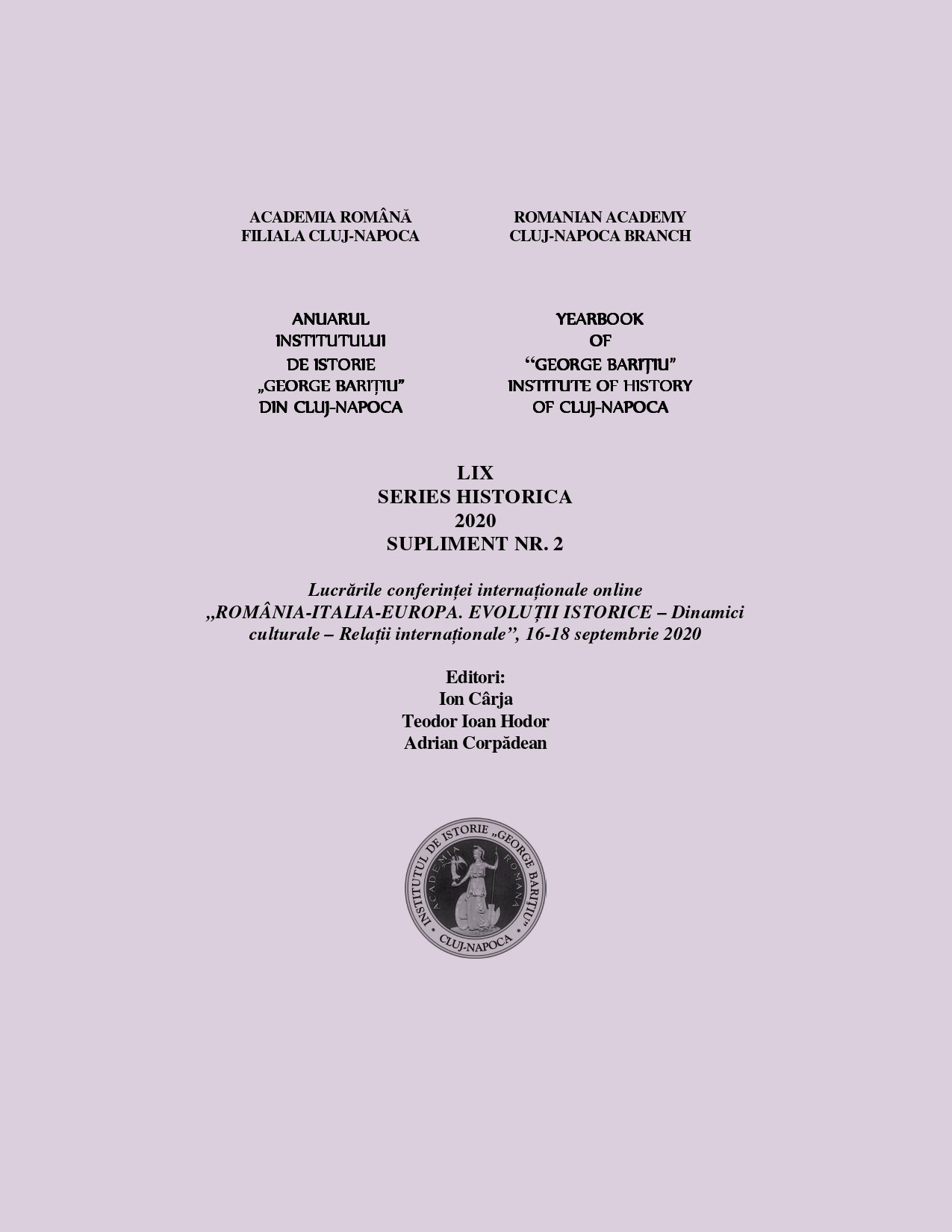The Alternative Economy: Informal practices under communism and their post-communism counter-parts
The Alternative Economy: Informal practices under communism and their post-communism counter-parts
Author(s): Vlad OnaciuSubject(s): Economic history, Post-War period (1950 - 1989), History of Communism
Published by: Editura Academiei Române
Keywords: Romania; communism; Alternative Economy; informal practices; penury
Summary/Abstract: When communism collapsed in Romania, in December 1989, the majority of the population lived under the rule of everyday shortages. In this paper, we have focused on the creation of the alternative economy, based on exchanges of goods and favours. Firstly, we tried to briefly explain how such practices developed during the communist period, starting from documents created by the Securitate. One essential element is the historiographical debate over the issue of the regime’s attitude towards the alternative economy, if it tolerated such practices or took preventive action. Secondly, we will look at the transition period in Romania, through the 1990s meant that the 2 nd and 3 rd echelons of the nomenklatura imposed themselves as the new so-called democratic elite. This early period, until 1996, was characterized by unclear and unfinished economic reforms, which encouraged the transfer of certain alternative economy practices. However, now they became the instruments of corruption and state capture for certain well-placed individuals, who turned into oligarchs or local barons.
Journal: Anuarul Institutului de Istorie »George Bariţiu« - Series HISTORICA - Supliment
- Issue Year: LIX/2020
- Issue No: LIX, 2
- Page Range: 387-395
- Page Count: 9
- Language: English

